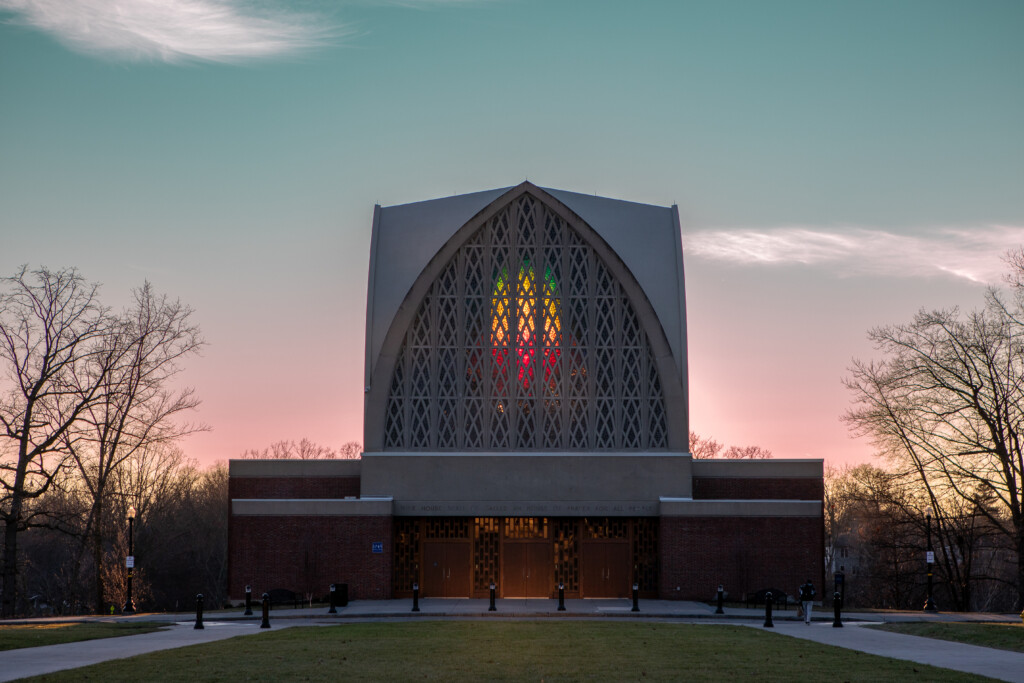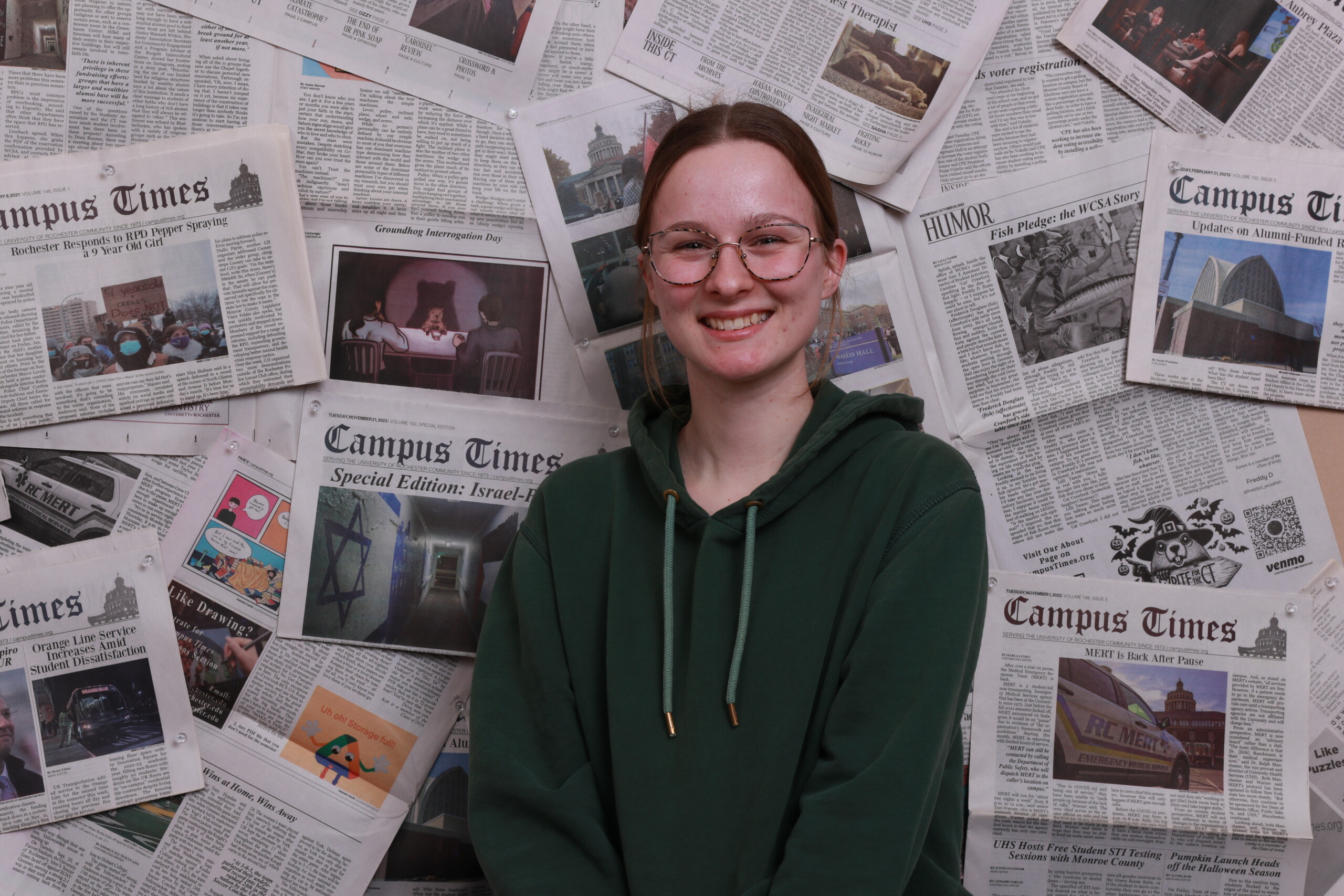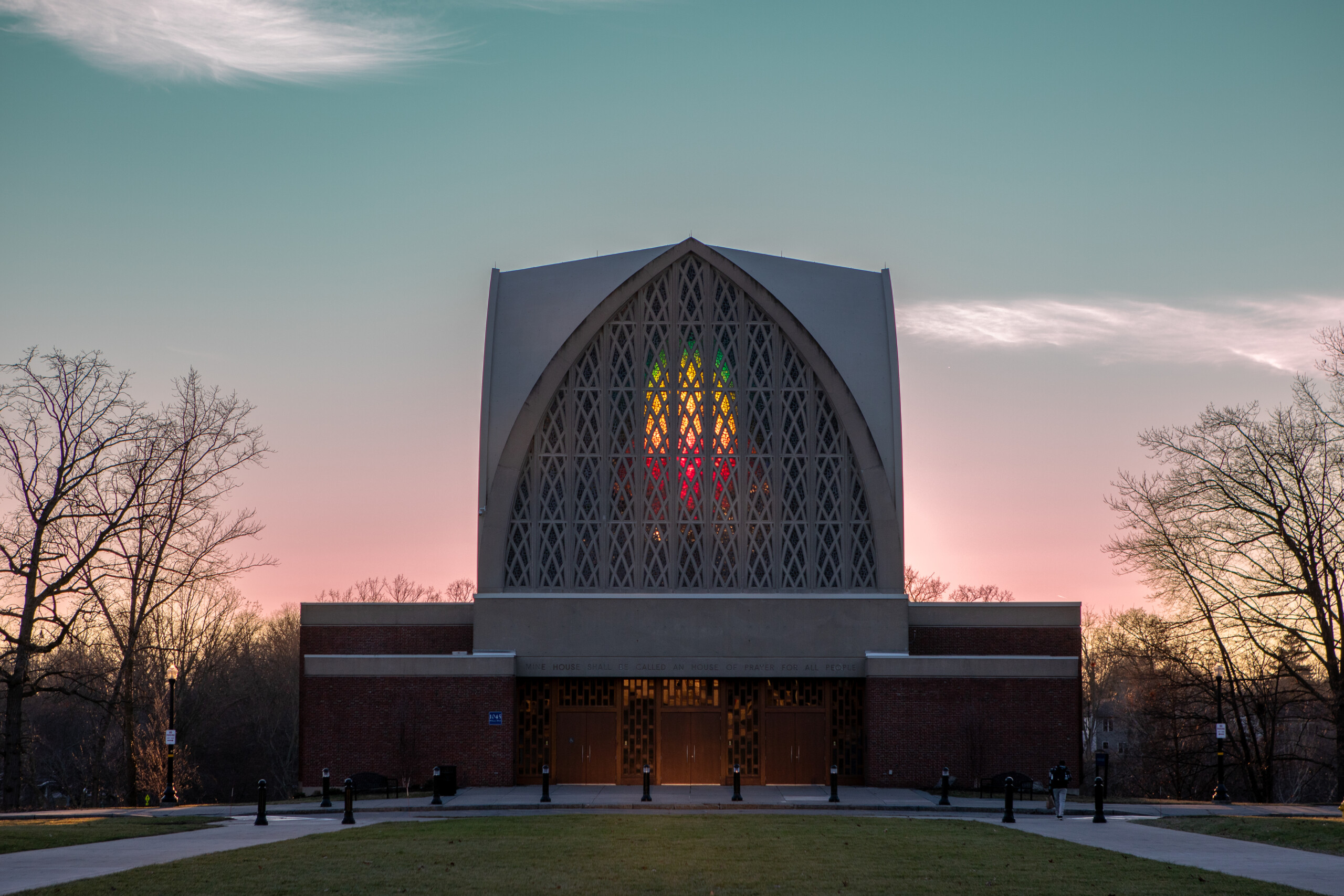Have you ever wanted to practice witchcraft? Learn how to write sigils to manifest a goal? Worship different pantheons? Look no further than the Pagan Students’ Association — the University’s newest faith community on campus.
The Pagan Students’ Association became an official organization in fall 2023. The group is a community for students who practice all different paths of Paganism or those looking to explore.
Sophomore Michael Mahnken is the group’s President and a Roman Pagan who worships the Roman pantheon. He says the club wants to create an environment where students of any path of Paganism can practice and find their community.
“It is really an umbrella for people who practice in a more religious fashion, practice in a more spiritual practice, or people who are just looking,” Mahnken said.
“At its core, we, as a spiritual practice, are decentralized,” Associate Director for Residential Life Sean Watson, serving as Pagan chaplain, added. “There is no church of Pagan.”
UR is one of the few Universities in the country that has a Pagan chaplain. Watson has been a practicing pagan for 20 years and is an eclectic Pagan, which is a blend of different types of Paganism and other religious beliefs or philosophies. He became the chaplain in Dec. 2023 and brings years of experience to the group. “It is invaluable to have Sean as our chaplain,” Mahnken said.
Watson acts as a spiritual leader — he provides knowledge and experience to the rituals and helps guide the growing group.
On Saturday, Feb. 3, the group celebrated Imbolc with a ritual honoring the turning of the wheel of time and the beginning of spring. On this beautiful, bright day, candles were lit in the Sanctuary of the Interfaith Chapel. The sun shone through the stained glass walls and cast vivid colors as Watson called out to and welcomed the “elements” and “divine” to their circle. The group welcomed the return of the light and took time to self-reflect on their futures and goals.
Watson ran the Imbolc ritual, using his personal items to create the altar. Throughout the ritual, which featured spiritual music and dim lighting, Watson not only led but educated those who attended.
“The beauty of paganism and ritual within the Pagan perspective is that it is so down to the group,” Watson said. Many students have different experience levels with Paganism and different levels of knowledge about rituals and practices. Both Mahnken and Watson do their best to educate and allow for individualized experience. “What can I do to help you celebrate your spirituality in a community?” Mahnken asked.
“For me, one of the core beauties is how inherently interfaith it is,” Mahnken remarked.
The group struggles with public misunderstandings about Paganism.
“There is a lot of stigma, whether it is because those people came from religiously observant homes in other traditions or whether it is because those people’s families have fallen into stereotypes of Paganism being ‘devil worship’ or ‘satanism,’” Mahnken explained.
The Pagan Students’ Association is only just getting started. “We are hoping to interact with RIT Pagans a lot more, and if any local Pagan communities wanted to work with us, we would be eager to do so,” Mahnken said.



